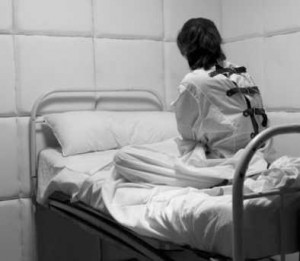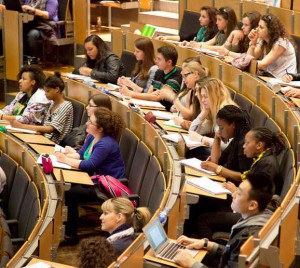 Covering our topic “Moral and Psychological Treatment Aspects of People with Mental Diseases” I think it would be relevant to define the “moral” notion. It is the unwritten rules of behaviour established by society.
Covering our topic “Moral and Psychological Treatment Aspects of People with Mental Diseases” I think it would be relevant to define the “moral” notion. It is the unwritten rules of behaviour established by society.
Moral considers appropriate and inappropriate actions of the society in general or individuals. Moral is considered to be the science about evil and good. Continue reading









